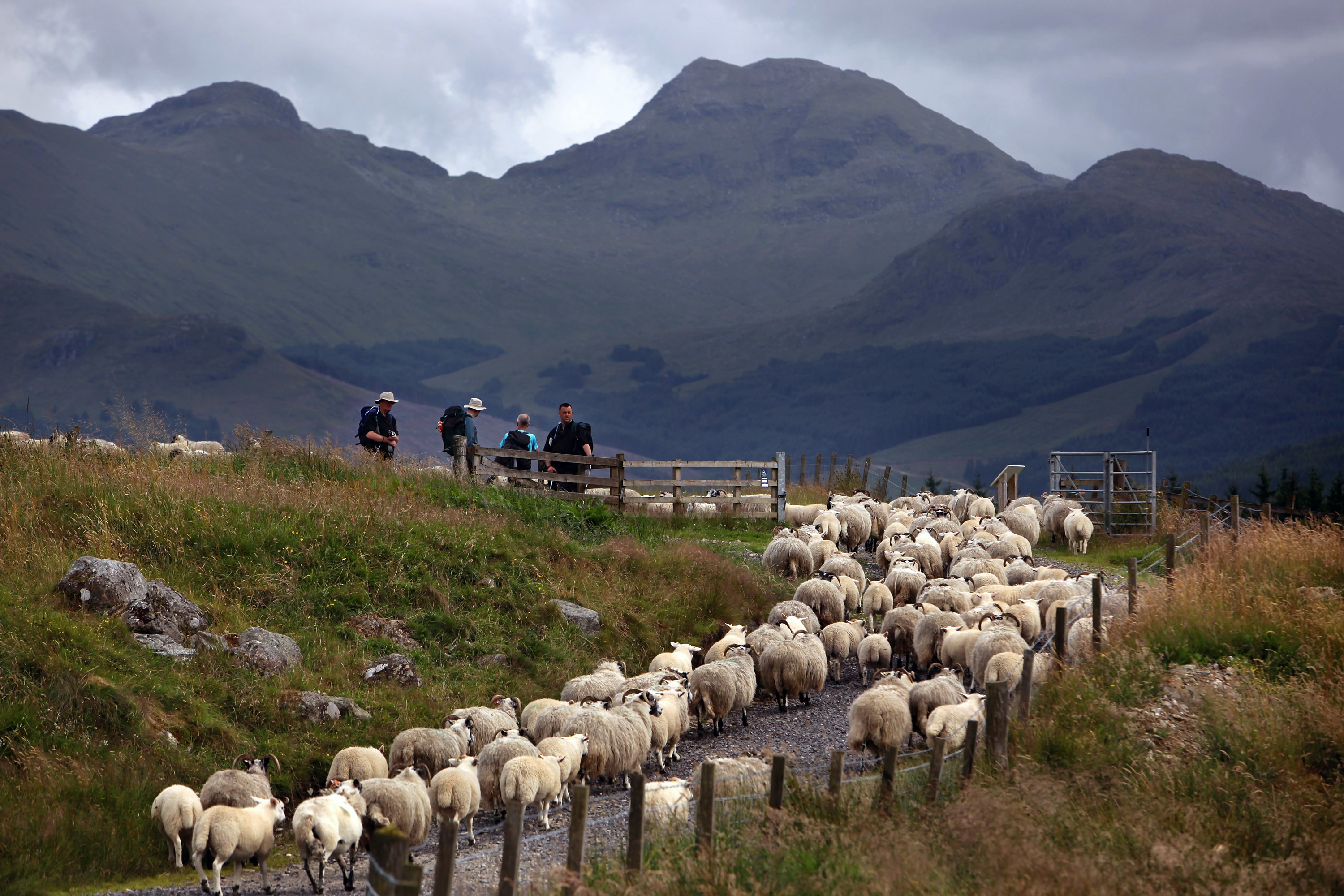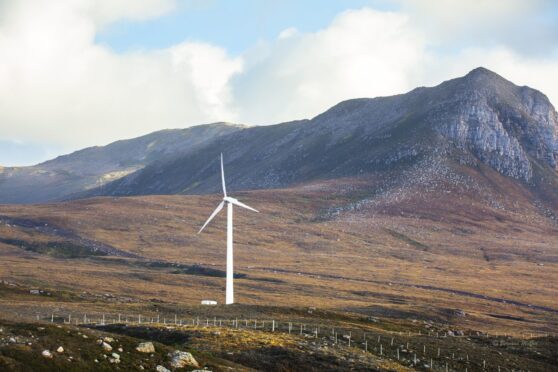Scotland’s hills and uplands face a new wave of Highland Clearances unless tariff-free access to the European single market can be negotiated for sheep meat.
The prediction comes from Alice Enders, a former senior economist at the World Trade Organisation (WTO) in Geneva, who claims the EU’s agricultural protectionism is likely to have devastating consequences for Scottish sheep producers and the economies of entire rural communities.
Last year 95% of all Scottish sheep meat exports went to the EU, and that figure has risen to 97% this year. Exports account for around a third of all Scottish lamb production and are worth £34.5 million to the Scottish economy.
The fear is that unless access to markets is negotiated, tariff charges of up to 60% will be added to boneless cuts of meat. It means that in order to make Scottish sheep meat competitive outwith the single market, farm gate prices would have to fall by the same amount.
Ms Enders’ company is currently advising 150 corporate businesses on the implications of Brexit, and she argues that the consequences for Scottish tourism and the wider economy are being ignored.
“The key point for sheep farming is that it’s a disproportionately big issue for landscape and environment and the look and feel of the country for tourism, and yet it seems to have received no attention whatsoever,” she said.
“People are looking at Brexit as an opportunity to select what suits them best. The most vulnerable sector is sheep meat and Scottish sheep farmers are at the bottom of the farming value chain.
“I think it will be very challenging to preserve the trade there is at the moment for Scottish lamb. Meanwhile a bunch of countries are waiting to double up any trade and send an avalanche of lamb. It’s got a terrible combination around it in terms of preserving Scotch lamb exports.”
Quality Meat Scotland (QMS) head of economics, Stuart Ashworth emphasised that the EU’s tariffs were very effective at prohibiting trade.
“They’re why there’s no sheep meat coming into Europe from New Zealand or Australian outwith agreed quotas,” he said.
“Tariffs work to protect the European market very well at the moment. If we lose our free access, the impact on abattoir revenue and farm gate prices would be considerable and lead to hardship for farmers. There would be a considerable impact.”
Sybil MacPherson, the Scottish chairman of the National Sheep Association (NSA) said a lack of profitability had already resulted in land abandonment in many areas, and that process would only escalate if advantageous trade deals were not negotiated.
“It’s extremely worrying, not just for the production of lamb but also the impact on the rural and environmental infrastructure is huge,” she said.
nnicolson@thecourier.co.uk










